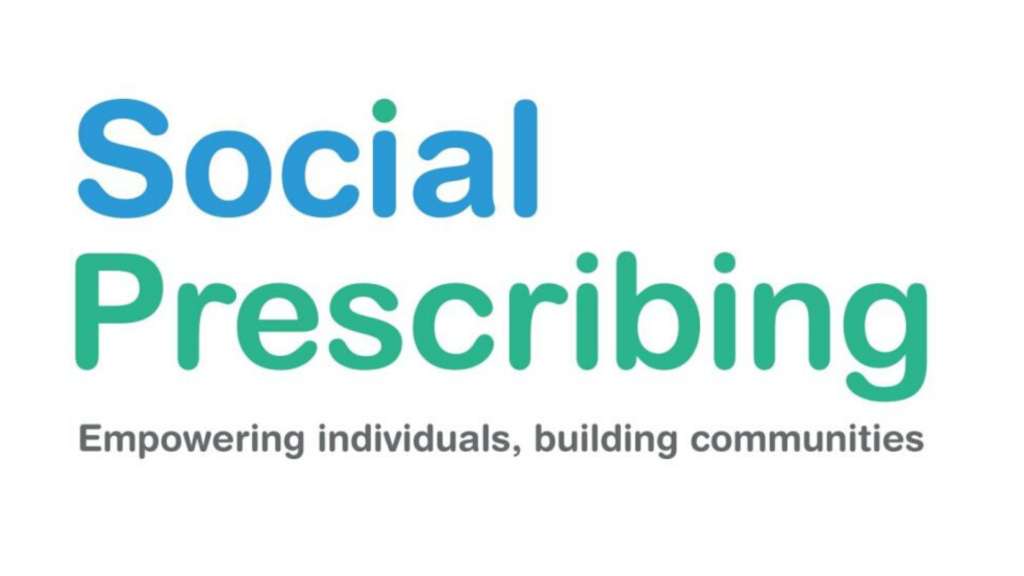At the moment the world is at a standstill, the words ‘Covid 19’ is part of everyday conversation. It will be something that we the human race will talk about for a very long time when our lives return to normal. We have heard conversations about the ‘new’ normal but it will be more like the ‘next’ normal as our world as we know it will never be the same.
Other words being spoken about are community, kindness, support and optimistic. Why is community important? Because that’s where people are, that’s where information is, that’s where support will be. ‘Social Prescribing’ encapsulates all of these features and is a phrase that will be talked about more and more in the coming months.
Without knowing what we as a community have on our doorstep, we automatically visit our GP’s when we feel unwell, depressed or isolated. A third of people will visit their GP with a clinical issue when there is a bigger underlying issue at hand, issues that might be a death, depression or loneliness.
Currently in the medical profession, there is a shift towards a more community referred practice. Applying a ‘community’ type medicine, can be as simple as a GP suggesting a patient go to their local community centre and see what kind of programmes are on offer. The next step is to enrol in one and the idea of ‘feeling better’ begins. It is the social aspect of this type of prescribing that is the answer.
Deirdre Brennan is a nurse from Stepaside and from her experience with patients in her local surgery believes this type of prescribing can work in communities. She says “Social Prescribing is the flip side to what most of us are experiencing now with social distancing which is why a percentage of people in local communities will be ok with isolation measures. Short term we have experienced the negative psychological and emotional effects during the pandemic. Long term it can manifest to physical illness which many patients present to GP’s and hospitals with. To return to wellness we need to return to holistic care in communities.”
In England, this type of prescribing has been active with positive results. Ireland is piloting this idea in some communities.
An article published in April 2019 in the Irish Times on the benefits of Social Prescribing on health gave an example of how it has helped a local man in his community. He got a social prescription which suggested he go to his local Family Resource Centre and enrol on a course. Two years later he is in better health than he has been in years after taking up new activities. It is basically looking at what will benefit a person’s health rather than looking for an illness.
Lisa Sieger- Jamison is the Social Prescribing Co-ordinator for the Dun Laoghaire Rathdown Social Prescribing Programme. It is currently piloting in the areas of Shankill, Ballybrack, Loughlinstown and Sallynoggin. Lisa explains “We will be branching out into the other areas shortly. We have also done a community mapping exercise in all the areas. The key is that social prescribers actively work with the person after they are referred by a GP or other referrer or after they self- referred to identify the supports and/ or activities that they may need.
We also do a well being assessment and look at how connected someone may feel to their community. So, the GP or healthcare professional normally refers to us and then we act as a ‘link worker.”
This programme can be of benefit to the GP’s where it would lower the amount of patient visits from one person and free up more time for new or existing patients. The concept as a whole can be a huge advantage to communities as it includes doctors, nurses and community workers all supporting and helping each other. When Ireland comes out of this pandemic, the effects will be seen in all communities across the nation and we will all be looking for the next steps to reconstructing our societies.






